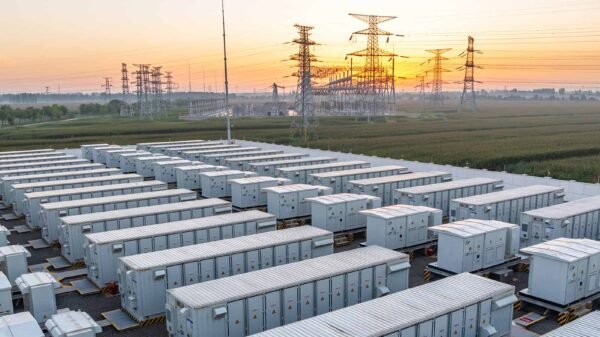Scotland Unveils 2024-2025 Budget with Distinct Tax Policies
Scotland’s Finance Secretary, Shona Robison, has introduced the 2024-2025 budget, reinforcing the country’s distinctive approach to taxation and benefits. The budget underscores Scotland’s commitment to addressing income inequality through progressive taxation and targeted social benefits. By balancing higher tax rates for top earners with increased support for low-income households, the budget aims to promote fairness and economic resilience in the face of ongoing challenges.
Progressive Taxation for High Earners
A hallmark of Scotland’s budget is its progressive tax structure, which imposes higher income tax rates on the wealthiest residents compared to the rest of the UK. This approach reflects Scotland’s focus on redistributing wealth to fund essential public services and support programs for vulnerable populations. Finance Secretary Robison emphasized that the higher tax revenue will directly contribute to improving healthcare, education, and social welfare systems.
Enhanced Benefits for Low-Income Households
The budget also allocates increased benefits for low-income households, aiming to alleviate the financial strain on those most affected by rising living costs. Key measures include expanded child benefit payments, increased housing support, and targeted assistance for energy costs. These initiatives align with Scotland’s broader strategy to reduce poverty and provide a safety net for families struggling to make ends meet.
A Contrast with UK-Wide Tax Policies
Scotland’s approach to taxation and benefits contrasts sharply with policies implemented by the UK government. While the UK has focused on broader tax cuts and austerity measures in some areas, Scotland has prioritized progressive taxation and targeted social spending. This divergence highlights Scotland’s commitment to maintaining a distinct identity within the UK, addressing its unique economic and social priorities.
Addressing Economic Challenges
The budget acknowledges the economic challenges facing Scotland, including inflation, public sector demands, and the need for sustainable growth. By maintaining distinct tax policies, the government aims to ensure fiscal stability while addressing the immediate needs of its citizens. Finance Secretary Robison emphasized that the budget strikes a balance between supporting households and fostering economic growth.
Focus on Green Investments
In addition to its social measures, the budget allocates funding for green initiatives aimed at achieving Scotland’s ambitious climate targets. Investments in renewable energy, sustainable transport, and environmental conservation are key components of the budget. These measures not only address climate change but also create jobs and stimulate economic activity in emerging green industries.
Support for Small Businesses
The budget includes targeted support for small and medium-sized enterprises (SMEs), recognizing their critical role in driving Scotland’s economy. Measures such as reduced business rates and grants for innovation aim to empower SMEs to grow and adapt in a competitive market. These initiatives reflect Scotland’s commitment to fostering entrepreneurship and supporting local businesses.
Mixed Reactions from Stakeholders
The 2024-2025 budget has received mixed reactions from stakeholders. Advocacy groups have praised the focus on reducing inequality and supporting vulnerable households, while critics argue that higher taxes could deter investment and economic activity. Business leaders have expressed concerns about the potential impact on competitiveness, calling for greater support to mitigate the effects of higher taxation.
A Path Toward Social Equity
Scotland’s distinct tax and benefit policies are part of a broader vision to achieve social equity and economic resilience. By prioritizing progressive measures, the government aims to create a fairer society where all residents have access to opportunities and support. The budget’s focus on balancing taxation with benefits underscores Scotland’s commitment to inclusive growth.
Conclusion: A Unique Fiscal Approach
The 2024-2025 budget reaffirms Scotland’s unique fiscal approach, blending progressive taxation with targeted social investments. While challenges remain, the budget represents a bold effort to address inequality, support low-income households, and drive sustainable economic growth. As Scotland navigates the year ahead, its commitment to distinct tax policies and social equity sets it apart as a leader in inclusive governance.



































